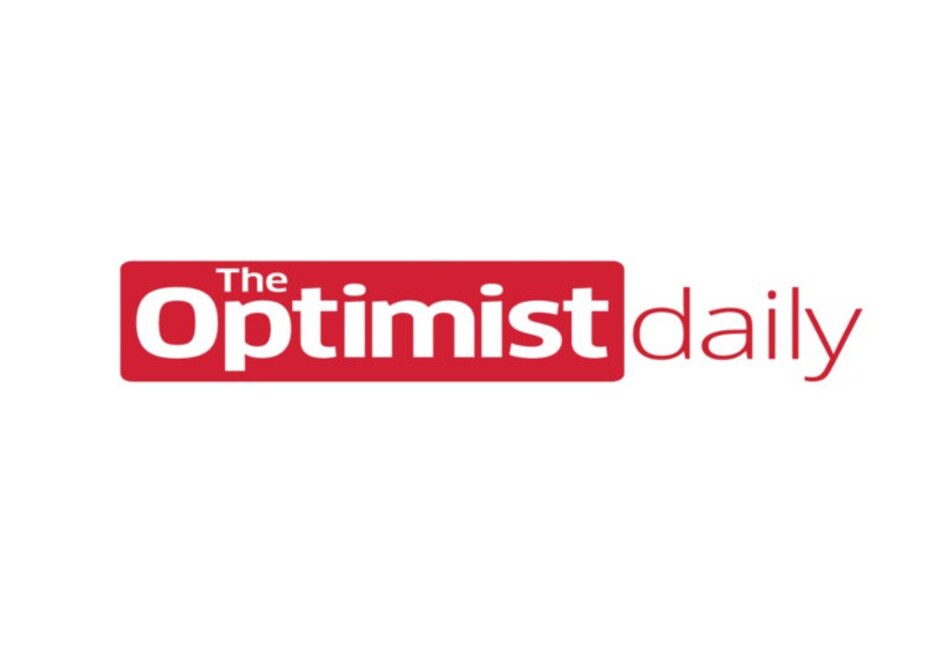Diffuse gliomas are a type of brain cancer that is especially difficult to treat, but 70 percent of low-grade gliomas have a single gene mutation that affects an isocitrate dehydrogenase 1 (IDH1) enzyme. This is what allowed German Cancer Research Center scientist Michael Platten to create a vaccine to potentially treat this cancer which has now completed phase 1 trials.
The vaccine works by training the immune system to target the IDH1 mutated cells. Phase 1, which started in 2015, determined that the vaccine was safe in all 33 trial participants and initiated an effective response to the vaccine in 93 percent of patients. Among those who responded to the vaccine, T cells specifically targeting the IDH1 mutation were present.
After three years, the survival rate among the initial cohort is 84 percent and there was no documented tumor growth in 82 percent of patients. These initial results are very encouraging. As the vaccine moves to phase 2 trials, with larger sample sizes, researchers hope they will soon have a vaccine capable of treating a majority of diffuse glioma patients.











